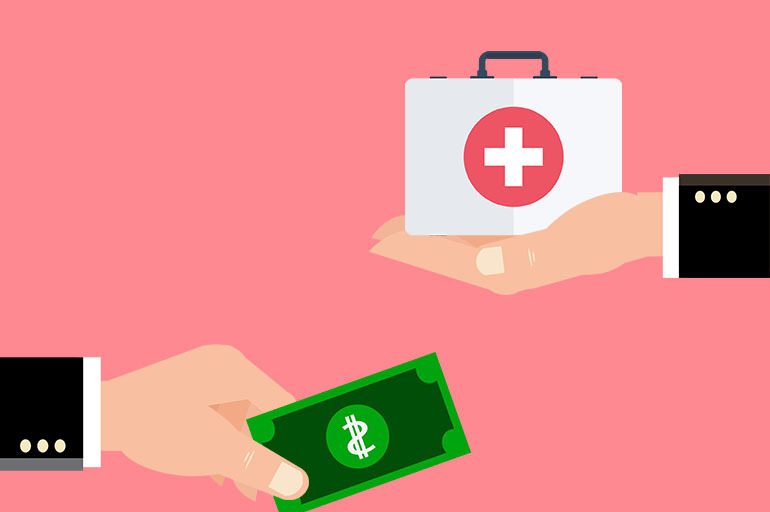
More wages, less health insurance. In a recent survey, one in five people with employer-based coverage said they would opt for fewer health benefits if they could get a bump in their wages. That’s double the percentage who said they would make that choice in 2012.
“I do these surveys all the time, and it’s rare where you see things change that quickly,” said Paul Fronstin, director of the health research and education program at the Employee Benefit Research Institute, which conducted the survey of 1,500 workers with Greenwald & Associates.
Fronstin speculated that worker frustration with low wage growth may be driving the shift in attitudes.
Wage and salary increases have hovered around 2 to 3 percent in recent years, generally rising more slowly than cost increases of annual health care benefits.
Overall, two-thirds of people with employer-sponsored coverage reported that they were satisfied with their health insurance benefits in 2015, the survey found, lower than the 74 percent satisfaction figure in 2012. Meanwhile, the percentage of people who would accept a smaller paycheck for better health insurance benefits was 14 percent last year, essentially unchanged from 15 percent three years earlier.
The growing willingness to trade health benefits for wages may be linked to some degree to the millennial generation’s growing share of the workforce, Fronstin said, referring to people born between roughly 1980 and 2000.
“The younger you are, the less important health insurance is to you,” Fronstin said.
As baby boomers retire and younger workers move in behind them, it may affect the mix of benefits that employers offer. But as today’s “young invincibles” age, chances are they’ll see more value in their health insurance and the pendulum will swing back again, according to Fronstin.
This article was reprinted from kaiserhealthnews.org with permission from the Henry J. Kaiser Family Foundation. Kaiser Health News, an editorially independent news service, is a program of the Kaiser Family Foundation, a nonpartisan health care policy research organization unaffiliated with Kaiser Permanente.

















